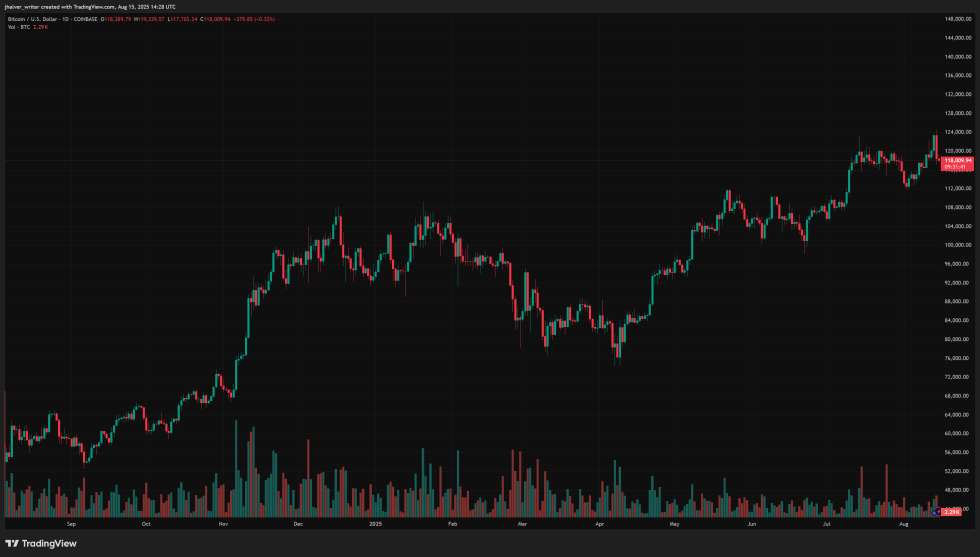New York’s 0.2% Crypto Tax Shake-Up: Will Traders Panic-Sell or Power Through?
New York just dropped a bombshell on crypto traders—a proposed 0.2% tax on digital asset transactions. Critics warn it could trigger a market exodus, while lawmakers insist it’s just ‘fair play.’ Here’s the breakdown.
The Tax That Could Roil Markets
At first glance, 0.2% seems negligible—barely a rounding error for Wall Street. But in crypto’s hyper-leveraged world, where margins are razor-thin and algos dominate, even minor friction can spark a liquidity crunch. Traders are already gaming out escape routes: OTC desks, offshore accounts, or just plain old hodling.
Regulators vs. The Degens
Albany frames this as closing a loophole—after all, ‘tax evasion’ is crypto’s second-oldest profession. But the timing reeks of opportunism, with BTC hovering near ATHs and meme coins sucking in retail like a black hole. One hedge fund manager quipped, ‘They’ll tax our blockchain trades but still can’t audit their own subway budget.’
What’s Next?
If history’s any guide, New York will push ahead, exchanges will feign compliance, and traders will innovate—right into the next regulatory blind spot. The only certainty? Lawyers and accountants are the real winners here.
New York’s Regulatory History and Market Concerns
New York has a history of leading strict crypto oversight. In 2015, the BitLicense framework became one of the first comprehensive regulatory regimes in the U.S., prompting some companies to exit the state due to compliance burdens.
Now, this proposed tax could once again reshape trading behavior, potentially pushing traders toward states with more favorable laws such as Texas or Washington.
Critics warn that the new levy might discourage innovation and drive crypto activity out of New York, weakening its status as a hub for blockchain startups and financial technology.
Supporters argue the crypto tax is modest and has a clear social benefit, making it a fair trade-off for the industry’s long-term stability.

Before becoming law, Assembly Bill 8966 must pass committee review, a full Assembly vote, the Senate, and finally, secure the governor’s signature. The crypto industry is expected to lobby heavily during this process, citing concerns over competitiveness and market liquidity.
If passed, New York’s MOVE could set a precedent for state-level crypto taxation models, especially in the absence of federal rules. Other states may follow suit, particularly if the tax generates significant revenue without severely harming market participation.
For now, traders and investors are watching closely. With bitcoin recently hitting $124,000, any change in transaction costs could influence trading strategies, and if fears of a sell-off materialize, the impact might be felt far beyond New York’s borders.
Cover image from ChatGPT, BTCUSD chart from Tradingview

